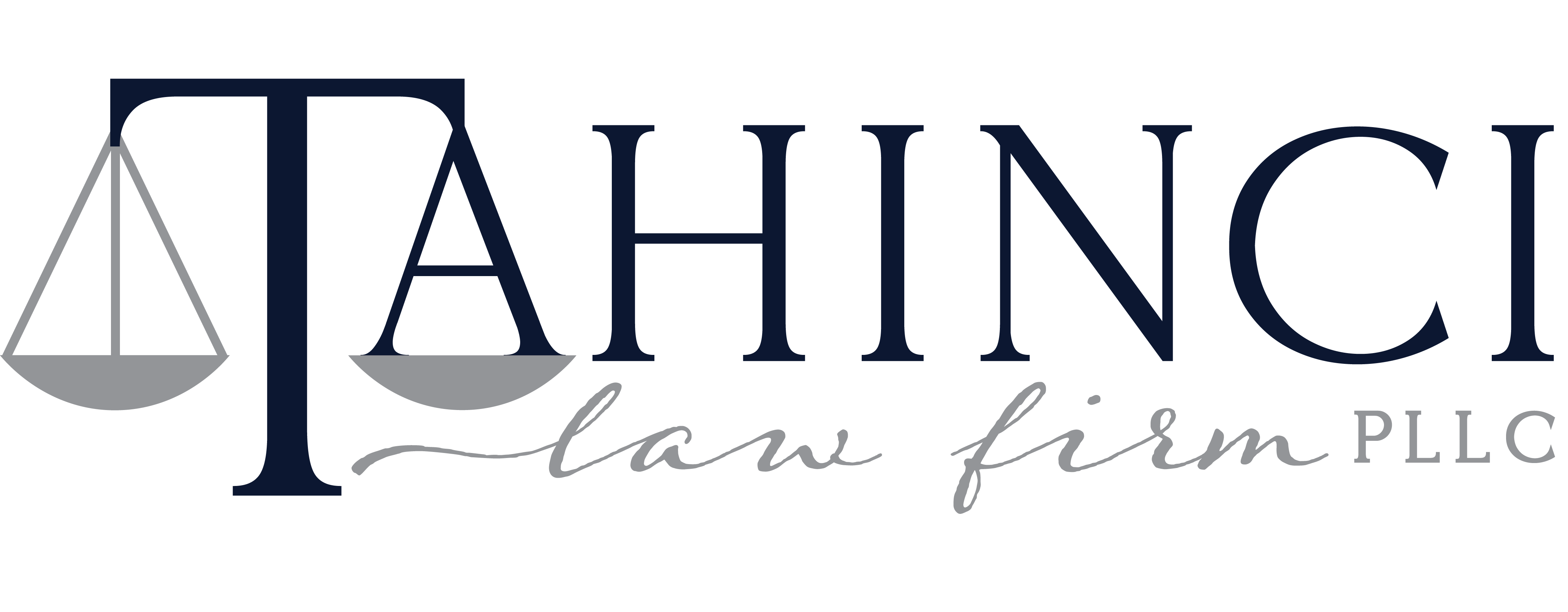
An injunction is a court order that compels a person or entity to do something (a “positive injunction”) or refrain from doing something (a “negative injunction”). Injunctions can be issued in civil cases when monetary damages alone wouldn’t provide sufficient relief or prevent harm.
There are different types of injunctions that issue at different stages:
- Temporary Injunction: Issued for a very short period, usually to maintain the status quo until the parties can more fully present evidence.
- Preliminary Injunction: Issued before a full trial, aiming to prevent further harm until the court reaches a final decision.
- Permanent Injunction: Issued after a trial, permanently ordering the party to either do or stop doing a specific action.
To obtain an injunction, the judge generally must be convinced that harm is likely to occur that cannot be repaired with money damages and that granting the injunction will not harm a greater harm to the opposing party. A party seeking an injunction typically also needs to show that the injunction is not against the public interest.
Injunctions are powerful legal tools to prevent harm or enforce rights, especially when other remedies aren’t effective. They can be critical in areas like intellectual property, employment law, and contract disputes.
If you’re involved in a legal matter and believe an injunction might be necessary, it’s crucial to consult with an attorney to understand your options and the specific criteria for obtaining one. Attorney Alexis Tahinci has been involved in a number of injunction matters, on all sides. If you believe urgent action is needed to stop harm for which money could not compensate, call us to discuss your options.
Need help? Book a call at a time to suit you
For your convenience, confidential consultations can be scheduled via video call or in person in Kingsport, Tennessee.

